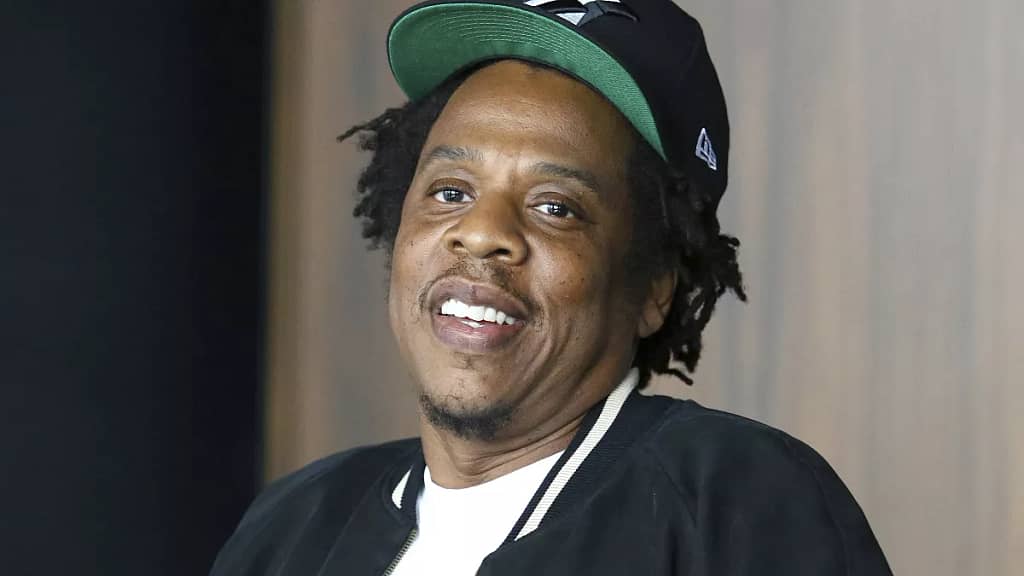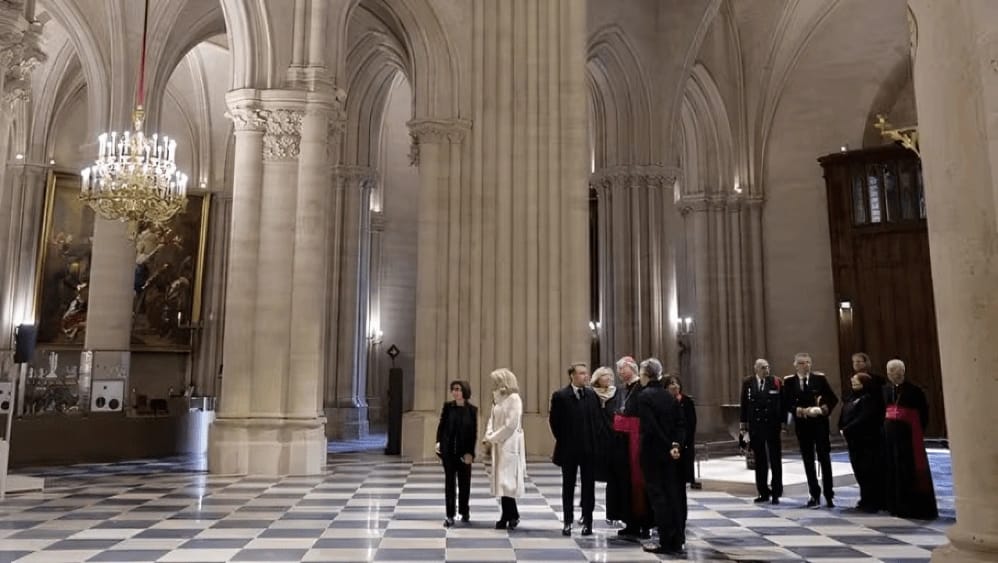Jay-Z’s response to the allegations and lawsuit claims—described as “blackmail”—has stirred significant media attention. While specifics of the lawsuit may vary depending on the exact case, the term “blackmail” indicates that Jay-Z’s legal team and the artist himself view the allegations as a form of extortion, with the potential aim of extracting financial compensation or other concessions under false pretenses.
Overview of the Allegations
The allegations reportedly stem from a legal complaint filed by an individual or a group who claims to have been wronged by Jay-Z or his companies in some capacity. The nature of the allegations can range from financial disputes, breach of contract, personal grievances, or other business-related issues. The plaintiffs are likely asserting that they were wronged, mistreated, or not properly compensated in an agreement involving Jay-Z, his companies, or entities under his brand umbrella.
In some cases, the plaintiffs may have accused Jay-Z of misconduct in his business dealings, including anything from fraudulent practices, failure to honor contracts, or unfair treatment in a partnership. These accusations might have been coupled with threats or demands for a financial settlement, which could be seen as an attempt to leverage the lawsuit for a larger payout.
Jay-Z’s Response
In response, Jay-Z and his legal team have denied all accusations, labeling the lawsuit as an attempt at “blackmail.” The rapper’s statement asserts that the plaintiffs are making baseless claims designed to extract a financial settlement or other advantages through intimidation. Jay-Z’s team likely views the lawsuit as meritless, and they may suggest that the plaintiff(s) are engaging in unlawful tactics to gain leverage, possibly through the threat of negative publicity or legal pressure.
Jay-Z’s legal defense strategy typically focuses on disproving such claims with solid evidence, showing that any allegations are unfounded or exaggerated. The term “blackmail” implies that the accusers are trying to coerce or manipulate Jay-Z into a settlement, rather than pursuing legitimate legal claims.
Jay-Z’s business acumen is widely recognized, and he is known for his ability to successfully navigate complex legal and financial disputes. Therefore, his statement likely reinforces the idea that he is willing to stand his ground in the face of these allegations and pursue the matter through the legal system if necessary.
Key Points in Jay-Z’s Defense
- Denial of Wrongdoing: Jay-Z’s team firmly denies all accusations, emphasizing that the claims are without merit.
- Blackmail Allegation: Jay-Z’s response frames the lawsuit as an attempt to extract money or concessions through intimidation or deceit. By calling it “blackmail,” the implication is that the plaintiffs are using the legal system to bully or coerce Jay-Z into a settlement.
- Legal Strategy: Jay-Z’s legal representation is likely focused on discrediting the plaintiffs’ case, showcasing that the allegations have no factual basis and that the accusers are seeking a financial advantage without legitimate claims.
- Public Reputational Defense: Given Jay-Z’s stature in the entertainment and business world, protecting his reputation is a priority. Publicly denouncing the lawsuit as blackmail allows him to maintain his standing and reassure fans and partners that he operates with integrity.
Possible Implications
If the case goes to court, it will likely be closely watched due to Jay-Z’s high-profile status in the music and business industries. The lawsuit could involve legal and financial aspects tied to his various ventures, including his record label Roc Nation, his stake in various companies, and his other business dealings. The public nature of these proceedings could also put Jay-Z’s personal brand under scrutiny, which he has carefully cultivated over decades.
However, given Jay-Z’s experience with legal challenges and his history of winning high-profile cases, it is possible that his legal team will be able to dismiss the lawsuit on procedural grounds or prove the allegations are unfounded. The case may also result in a settlement if the parties decide to avoid further public conflict, but it seems Jay-Z is prepared to vigorously defend himself if the claims are indeed an attempt at blackmail.
Would you like more details on the specific case, or perhaps on Jay-Z’s legal history and how he has handled similar situations in the past?





